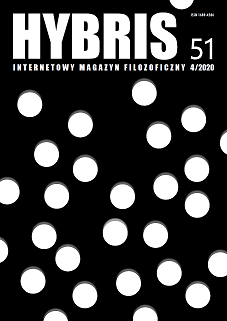JEDNOSTKA I HISTORIA W MYŚLI ROUSSEAU I KANTA
AN INDIVIDUAL AND HISTORY IN THE THOUGHTS OF ROUSSEAU AND KANT
Author(s): Paweł PieniążekSubject(s): Philosophy, Ethics / Practical Philosophy, Philosophy of History
Published by: Wydawnictwo Uniwersytetu Łódzkiego
Keywords: morality; history; nature; teleology; individual;
Summary/Abstract: The article presents Rousseau’s and Kant’s vision of history from the perspective of dependence of the latter on the former. It concentrates above all on presentation of their difficulties and internal tensions, but pays more attention to Kant’s conception of history. The article views this conception as the culmination of the theological structure of human reason, giving it the status of moral-practical fiction and rejecting a theoretical-naturalistic interpretation of it. Subsequently, it analyses difficulties connected with the moral interpretation. The analysis leads to the thesis that it is precisely under their weight that Kant’s moral historiosophy collapses, because it is not able to bear the unerasable tension between the moral and legal orders of history, and, ultimately, the underlying tension between the individual and history. This tension was embedded in the moral foundations of the latter.
Journal: Internetowy Magazyn Filozoficzny HYBRIS
- Issue Year: 2020
- Issue No: 51
- Page Range: 1-34
- Page Count: 34
- Language: Polish

